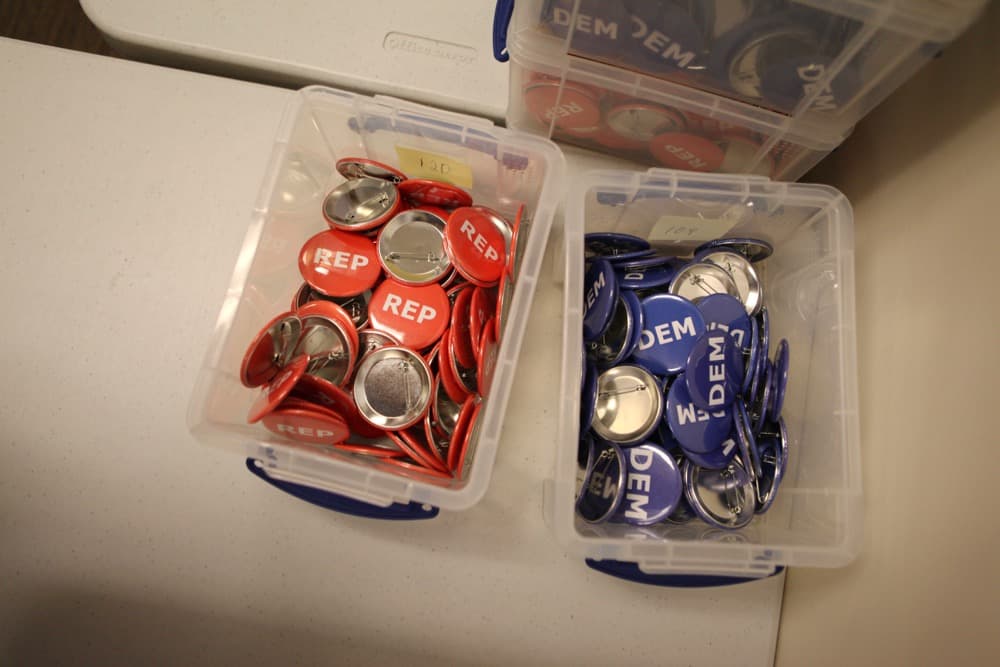
Update: This story has been corrected to reflect that CU conducted a study, not a poll using a random sample of voters.
A newly released study from CU Boulder finds that sizable minorities of independent and Republican voters suspect the election won't be fairly judged.
The study also found that Hillary Clinton leads Donald Trump by 10 percentage points in a four-way race in Colorado, but the research only covers Oct. 17 to Oct. 24, ending days before FBI Director James Comey's controversial announcement about the investigation into Clinton's use of a private email server.
Meanwhile, a University of Denver poll conducted after the announcement has Trump and Clinton tied in Colorado, and a Magellan Strategies poll similarly conducted after the announcement gives Clinton a six-point advantage.
The survey was conducted by the political science department's American Politics Research Lab through an online panel of more than 1,000 people. The panel did not represent a random sample, but the responses were weighted based on gender and education and the panel participants were similar demographically to those in other surveys.
The CU study asked respondents to rate how likely it was that votes would be "fairly and accurately counted. About 40 percent of third-party voters see the election as "not very likely" or "not at all likely" to be fair, compared to 36 percent of Trump supporters and 15 percent of Clinton supporters.
If you're curious about how your votes are counted in Denver, check out our tour of Denver Elections.
The study has ColoradoCare losing (Amendment 69). It shows "overwhelming support" for the minimum wage increase (Amendment 70), the change to the amendment process (Amendment 71), the change to open primaries (propositions 107 and 108) and new end-of-life options (Proposition 106.)
Read our guide to the amendments if you're still confused about those.
Some more notes on the CU Boulder study: It does not make claims of "scientific certainty," because its panel of 1,000 respondents wasn't a random sample, but the researchers did try to weight the results to make it more accurate to the state.













